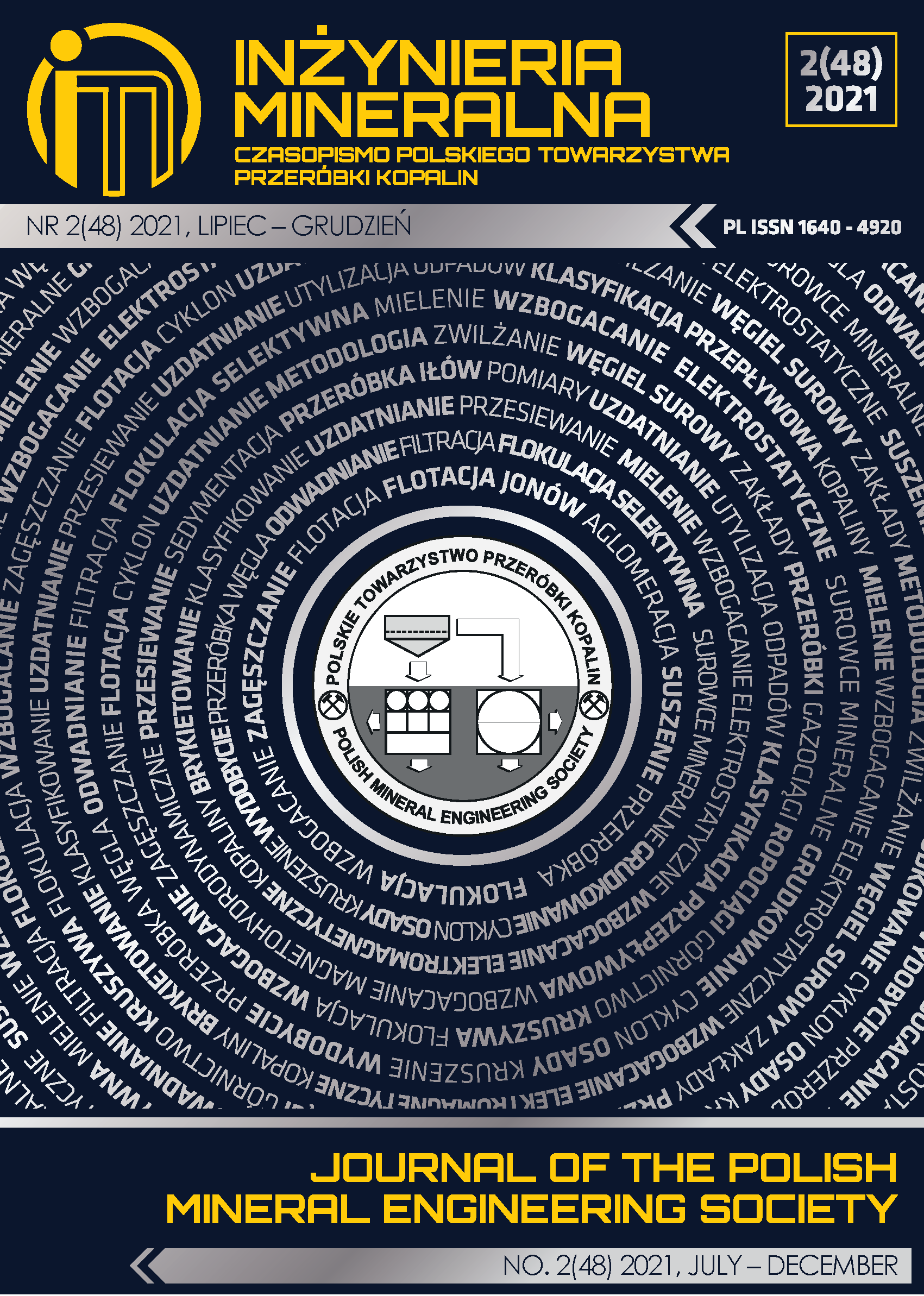Research and Development of Real-time High-precision GNSS Receivers: A Feasible Application for Surveying and Mapping in Vietnam
Abstrakt
In recent years, the Global Navigation Satellite System (GNSS) has been widely applied in
surveying and mapping. Currently, in Vietnam, dual-frequency GNSS receivers are quite extensively
applied with the real-time kinematic (RTK) measurement technique using a continuously operating
reference station network. However, high-accuracy GNSS receivers are often expensive, sometimes not
meeting the needs of users for specific applications. This research develops two types of low-cost highprecision
GNSS receivers for RTK positioning for different purposes. First, the millimeter precision
GNSS receiver used in real-time displacement monitoring is based on Trimble's BD970 mainboard
technology and some other modules. These components are interconnected according to a standard
design scheme and assembled in an enclosure to form a GNSS receiver. In addition, a GNSS data
transmission in the National Marine Electronics Association standard format by Networked Transport of
Radio Technical Commission for Maritime Services via Internet Protocol (NTRIP) has been
designed and developed. The GNSS receiver after development is loaded with program code written in
the C# programming language, using the Arduino programming tool. Second, the GNSS receivers have
the centimeter accuracy for RTK positioning used in surveying and mapping based on U-blox's
mainboard technology and some other modules. These modules are also connected together according to
a standard design scheme and assembled in an enclosure to form a complete GNSS receiver. The
evaluation results show that the designed and developed GNSS receivers completely meet the
requirements of surveying and mapping in coal mines in Vietnam, such as real-time monitoring of
landslides, surveying and topographical mapping and other surveying works to serve the mining process.
Copyright (c) 2021 Cong Khai PHAM ,Gia Trong NGUYEN ,Van Hai NGUYEN,Trong Xuan TRAN

Utwór dostępny jest na licencji Creative Commons Uznanie autorstwa – Na tych samych warunkach 4.0 Miedzynarodowe.
Czasopismo pozostawia część majątkową praw autorskich autorowi.
Czasopismo zezwala autorom i zachęca ich do zamieszczania swoich artykułów na prywatnych stronach internetowych oraz w instytucjonalnych repozytoriach. Dotyczy to zarówno wersji przed opublikowaniem, jak i wersji po publikacji. Udostępniając swoje artykuły są zobowiązani do zamieszczenia szczegółowych informacji bibliograficznych, w szczególności (o ile to tylko możliwe) podania tytułu tego czasopisma.







.png)
